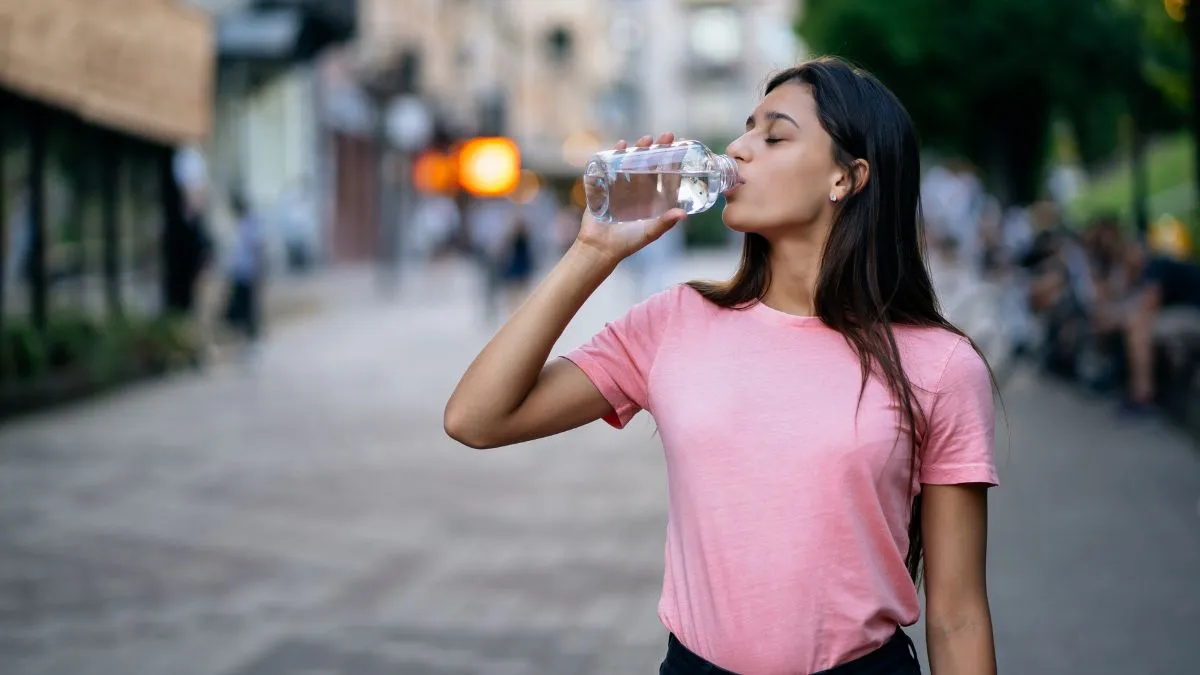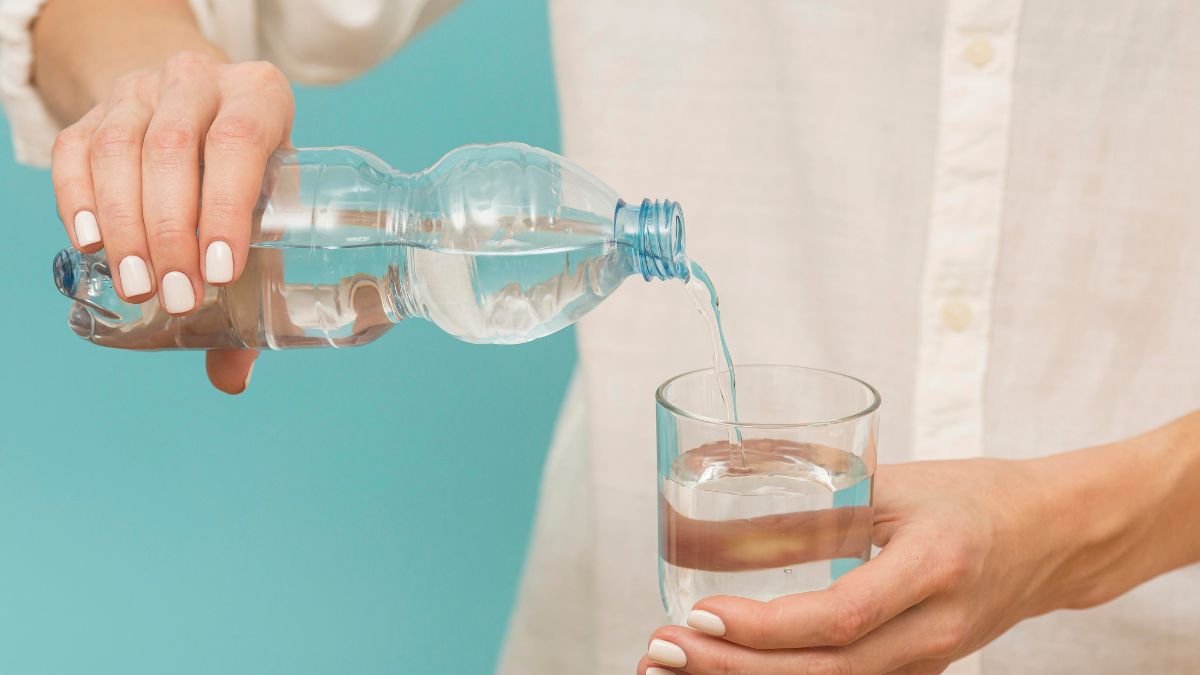
For many of us, reaching for a bottle of packaged water has become second nature over the years. As many of us know when we are traveling or even at home we often depend on bottled water and trust that it is cleaner, safer, and better for our families. It is important to note that trust is not something that happens by chance and does not come without numerous regulations, an awareness of consumers regarding bottled water, and mechanisms for quality control that advance to the level of quality we take for granted today. Let us understand the potential health hazards of packaged drinking water from Dr Saurabh Arora, Managing Director, Auriga Research.
Table of Content:-
While those of us who travel frequently probably cannot imagine a time when there were no standards for packaged water, the scene looked very different not long ago. Meaning, two decades ago or so, there were no standards for water quality. Reportedly, traces of pesticides and other contaminants were common. When this health safety risk became public, civil society action groups and Non-Governmental Organizations began calling for government oversight.
"The turning point occurred when pesticides found insubsequently were found in carbonated beverages as well highlighting the safety and risks of bottled water. Governments started to establish some of the world's most stringent water quality standards for bottled water," shares Dr Arora.
What Are The Quality Standards for Packaged Drinking Water in India?
The BIS (Bureau of Indian Standards) was the first to specify two significant quality standards. BIS introduced IS 14543 for packaged drinking water and IS 13428 for packaged natural mineral water. These standards specified not only the quality levels of the water, but also specified quality levels of the containers, or packaging, including bottles, jars, and pouches, etc. More importantly, the government required entities to comply with the standards. No one could sell packaged water legally without a BIS license.
Also Read: Is Glass Bottle Healthier Than a Plastic One? Here Is What an Expert Says

Paramenetrs for Water Testing
The regulatory framework has established a tiered system of testing.
- At the plant, the producers had to conduct daily tests for basic parameters such as pH, dissolved solids, and conductivity.
- Producers also had to conduct weekly tests for ions and other "advanced" parameters.
- Licensed producers also had to send samples of water to a third-party BIS accredited laboratories for study on a monthly, biannual, and annual basis.
- The testing for water for pollutants covered the broadest range of variables including pesticides, heavy metals, anions, cations, microbiological agents, and pathogens. Furthermore, it was important for producers to develop organoleptic tests for smell, and/or taste, etc.
- Packaging had to be assessed for strength, leak proofing and chemical risk to ensure no contaminants could leach from the container materials into the water. Even the experience of drinking the water had to meet criteria and the labs had to keep panels for that.
FSSAI Guidelines
In 2006 and again in 2011 when the Food Safety and Standards Authority of India (FSSAI) was created and its regulations developed, consumers had another line of consumer protection. Packaged water was legally defined as a food product requiring licensing and compliance as well under FSSAI guidelines. FSSAI retained the same quality and testing and inspection standards as BIS further strengthening existing protections.
Also Read: 7 Reasons To Wash Your Water Bottle Daily For Better Health
In a new regulatory direction, FSSAI can allow packaged water manufacturers to operate under its license alone and no longer require a license from a BIS. This is for the purpose of easing the business tone but took away the cross accountability to FSSAI high-risk food classification system. Companies are now undertaking audits with the assistance of third-party firms who will visit every six months and inspect the facility, and if they are not successful, they are given a date to return until the company passes. The requirement for third-party lab testing every month is still a requirement under the FSSAI's new system.
Also Read: Tap Water 'Forever Chemicals' Linked to Cancer: Here's How to Lower Your Risk
"While all this is good, it will take a lot of sophistication and effort to conduct appropriate water testing. A modern laboratory should have advanced instruments like gas chromatography, tandem mass spectroscopy, and microbiological suites. It also has to be capable of testing for emerging issues, including viruses and radioactivity," adds Dr Arora.
Final Word
Bottled water may look easy to consume as a consumer product, but it is anything but. There is an elaborate process to make sure it is safe. Testing laboratories help to protect public health, and we should consider the ramifications of letting any regulatory standards lapse. The trust we place in every sip at the end of the day is based on more than branding, it is based on an invisible ecosystem of science, standards, and abuse of the labour of vigilance.
Also watch this video
How we keep this article up to date:
We work with experts and keep a close eye on the latest in health and wellness. Whenever there is a new research or helpful information, we update our articles with accurate and useful advice.
Current Version